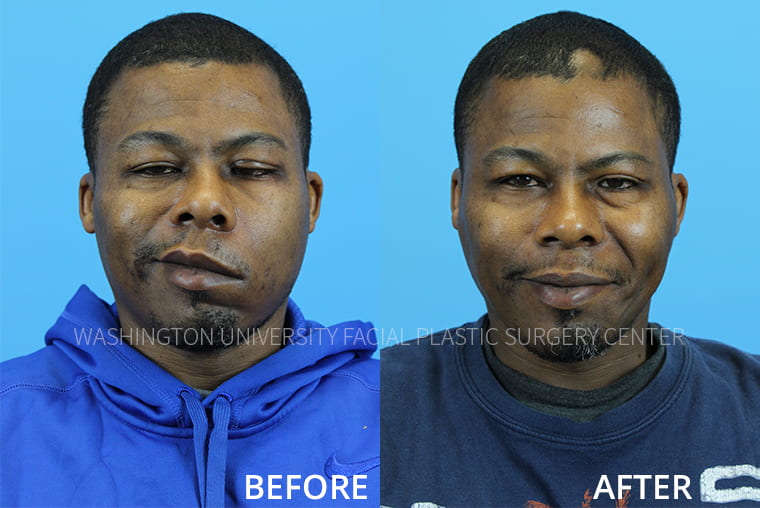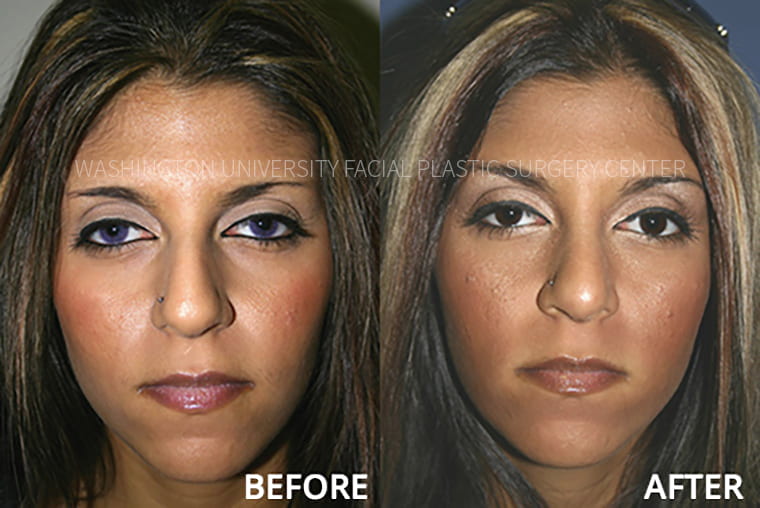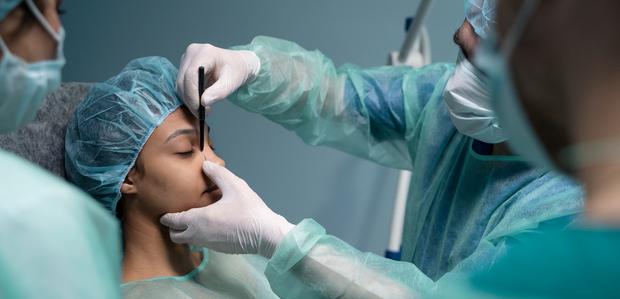Plastic Surgery Rancho Cucamonga: Improve Your Confidence with Customized Aesthetic Treatments
Plastic Surgery Rancho Cucamonga: Improve Your Confidence with Customized Aesthetic Treatments
Blog Article
The Influence of Self-Image on Decision-Making: Reasons Why Lots Of People Go After Plastic Surgery for Physical Change
The interaction between self-image and decision-making is a complicated phenomenon, particularly evident in the raising trend of individuals opting for plastic surgery as a method of physical makeover. Motivated by a wish to meet individual ideals and societal assumptions, numerous individuals grapple with concerns of self-esteem that can significantly influence their choices. As outside pressures from social networks and social standards magnify sensations of insufficiency, an important inquiry occurs: what are the underlying emotional variables that drive this pursuit of transformed appearances, and what implications do these decisions hold for individuality and well-being?
Recognizing Self-Image
Self-image describes the psychological image and understanding a specific holds concerning themselves, encompassing facets such as physical appearance, characteristic, and total self-regard - mommy makeover rancho cucamonga. This inner depiction considerably affects exactly how individuals connect with the world and can be a driving pressure behind numerous life options, consisting of the choice to undertake plastic surgery
A positive self-image commonly correlates with higher self-confidence and a sense of self-confidence, promoting a proactive strategy to life. Alternatively, an unfavorable self-image might lead to sensations of inadequacy and dissatisfaction, motivating people to look for outside remedies to regarded defects. This quest for renovation can manifest in the desire for physical makeover through cosmetic treatments.
The prevalent nature of media and peer contrasts can intensify sensations of insecurity, inspiring individuals to change their look in quest of acceptance or authorization. Understanding these dynamics is vital in comprehending the inspirations behind cosmetic surgery.
Emotional Aspects at Play
Many emotional elements affect a person's choice to go after cosmetic surgical treatment, often rooted in much deeper emotional and cognitive procedures. One significant element is low self-worth, which might develop from adverse self-perceptions or discontentment with one's look. Individuals with diminished self-respect might think that modifying their physical attributes will certainly boost their general worth and acceptance in social contexts.
Furthermore, the principle of body dysmorphic condition (BDD) plays an important function. People experiencing BDD experience an obsessive focus on regarded flaws in their appearance, leading them to look for medical treatment as a service. This uncontrollable desire for transformation can significantly distort their self-image, driving them to pursue treatments despite the capacity for adverse results.

Societal Pressures and Assumptions
A substantial influence on people' choices to undertake cosmetic surgical procedure originates from societal stress and expectations that pervade contemporary society. In a period controlled by social media and consistent aesthetic direct exposure, idyllic criteria of elegance are frequently showcased, creating a pervasive setting where physical appearance is extremely looked at. Such requirements often dictate what is thought about attractive, leading people to really feel urged to adapt to these ideals.
In addition, the normalization of aesthetic improvements in popular culture further aggravates these stress - mommy makeover rancho cucamonga. Celebs and influencers honestly discussing their procedures can produce a perception that such modifications are not just appropriate yet desirable. This sensation can stimulate sensations of inadequacy in individuals that may feel their all-natural appearance does not line up with societal benchmarks
Furthermore, the influence of peer groups can not be neglected. Individuals might come across indirect or straight pressure from buddies or family, causing a public recognition of cosmetic surgical procedure as an appropriate methods to achieve an idyllic self-image. Consequently, these social assumptions can substantially impact personal decision-making processes, usually outweighing innate inspirations for self-improvement and promoting a society where physical transformation is sought as a solution for regarded imperfections.

Situation Research Studies and Personal Stories
Numerous people have actually shared their individual journeys relating to plastic surgery, disclosing an intricate interplay between self-perception and social influences. For instance, a 34-year-old female described exactly how years of feeling poor because of her nose led her to look for rhinoplasty. She reported that after the treatment, her self-confidence rose, allowing her to engage more openly in social right here circumstances and advance her job. Yet, she acknowledged that her choice was heavily affected by media representations of beauty.
In a similar way, a male client in his late twenties stated his fight with body dysmorphic disorder, which prompted him to pursue liposuction surgery. His experience highlighted not only a wish for physical change but additionally a desire for approval amongst peers. Post-surgery, he shared a restored sense of self-respect, albeit with the realization that interior recognition should precede outside modifications.
These study underscore a more comprehensive pattern: people often see cosmetic surgical treatment as a pathway to boosted self-image. Nevertheless, the stories likewise reveal an essential viewpoint on the stress and expectations that shape these choices, recommending that individual stories are deeply intertwined with societal norms and values.
Alternatives to Cosmetic Surgery

Skincare treatments, including chemical peels and microdermabrasion, can boost skin texture and tone, dealing with worries like acne marks or uneven coloring. Additionally, laser therapy is an effective technique for targeting details skin issues, such as sunlight damage or vascular sores, promoting a much more vibrant look.
For those seeking body makeover, non-invasive fat decrease methods like CoolSculpting can assist eliminate persistent fat deposits without surgery. Physical fitness programs and nutritional counseling are additionally vital tools for people intending useful link to accomplish a healthier body image. Eventually, these alternatives can offer substantial results while lining up with personal convenience levels and choices, promoting a favorable self-image without the permanence of plastic surgery.
Verdict
Finally, the search of cosmetic surgical procedure is usually driven by complex communications in between self-image, emotional variables, and societal stress. Individuals regularly look for physical transformation in an effort to improve self-confidence and line up with viewed criteria of appeal. This sensation underscores the need for better recognition of the underlying motivations and possible effects linked with such choices. By exploring options and fostering a healthier self-image, individuals may find extra lasting pathways to self-acceptance and wellness.
The interaction in between self-image and decision-making is a complex phenomenon, especially evident in the enhancing trend of people opting for cosmetic surgery as a method of physical transformation.Countless psychological factors influence a person's Going Here decision to go after cosmetic surgery, usually rooted in much deeper emotional and cognitive procedures.A substantial influence on people' choices to undertake cosmetic surgical treatment stems from social stress and expectations that pervade contemporary culture. Individuals might come across indirect or direct stress from buddies or family, leading to a public validation of cosmetic surgery as an acceptable ways to achieve an idyllic self-image.Many people have actually shared their personal journeys pertaining to cosmetic surgical procedure, exposing an intricate interplay in between self-perception and social influences.
Report this page